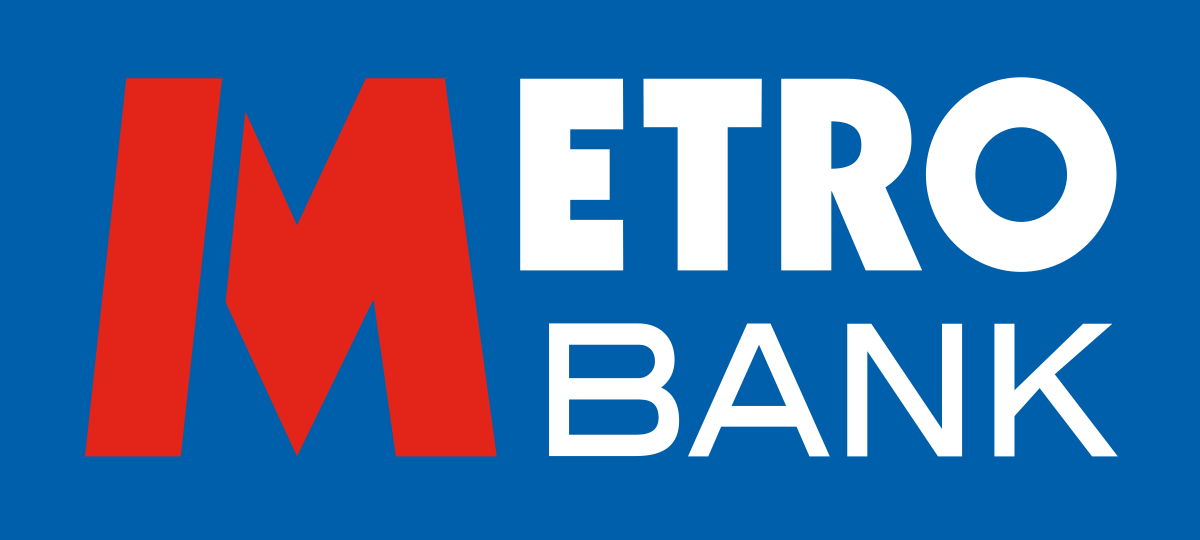
In RBI’s 37-year history, few bankers have been as quotable, colourful or successful as Vernon W Hill II. From founding a single branch office bank in 1973 at the age of only 26, Hill is rightly described as having revolutionised retail banking in the US. He tells Douglas Blakey the reasons for his success over the past five decades
Not only did Hill transform retail banking in the US, it should not be forgotten that in the process, he created outstanding shareholder value and attracted millions of fans.

Access deeper industry intelligence
Experience unmatched clarity with a single platform that combines unique data, AI, and human expertise.
For all the talk of fintechs potentially disrupting banking, Hill has mastered the art of disruption; by his own admission he loves to disrupt and he has form.
Take Commerce Bank, dubbed America’s Most Convenient Bank. Founded in 1973, Commerce grew its store network to 27 by 1990, 95 by 1995, 150 by 2000 and when Hill sold out in 2007 – famously just ahead of financial crisis and at the top of the market – Commerce was a top 20 US bank with a market cap of $8.5bn, about $50bn in assets and almost 500 stores.
Vernon is back
The writer has written several thousand headlines over the past 13 years working on RBI; few were as enjoyable to write as one written in November 2008 entitled Vernon is Back. Hill told the writer in 2008:“We are going to do it again. I am spending serious money every month to make sure it will happen.”
Cynics – of whom there were many in the press, not including RBI – and the analyst community suggested that the UK would not take to Hill’s new Metro Bank project.

US Tariffs are shifting - will you react or anticipate?
Don’t let policy changes catch you off guard. Stay proactive with real-time data and expert analysis.
By GlobalDataHill had seen it all before. His mantra in the US with Commerce Bank was that the customer wants every delivery channel; no channel replaces another and you have to deliver the very best of every channel.
He tells RBI: “We kept on opening branches while other banks shrank their networks. We were told that ATMs would take over banking in the 1980s and 1990s, and then we were told that online banking would take over. We kept on building stores.”
Hill argues: “Everything we did in the US at Commerce is working even better today in the UK for one simple reason: for so long the Brits did not have a choice in banking, and what they needed badly was outstanding customer service and convenience.”
He adds: “A bank is a government licence to borrow money cheaply by accepting low-cost core deposits. Anyone can make loans, but only banks can accept deposits.
“Grow your core deposits at a very high rate of growth at a relatively low cost of money through the service, convenience and customer experience model, and focus on improving service every year – that was always our model at Commerce Bank, and it is the model at Metro.”
So, while the average US bank branch might grow its deposits by about $1m-2m a year, the typical Metro Bank branch grows deposits by $106m a year.
Hill said he would build fans in the UK, and again the cynics scoffed. His numbers back up that he is, indeed, winning here.
“The typical UK bank branch at rival banks might open one or two new accounts a day. Our branches will open about 25 accounts a day – 750 accounts per month.”
High street rivals
Hill is proud of the fact that Metro Bank beat its more established high street rivals to the rollout of fully digital current account opening via selfie technology.
It is early days, but Hill describes the numbers as being way ahead of his expectations. “I was surprised that 70% of the new accounts being opened remotely are in areas where we already have stores.
“It tells me that the brand is already pre-sold. Our brand recognition in the London area is 89%, yet we spend less than £100,000 a year on ads.
Hill concludes: “The Metro Bank brand recognition is so high because of the stores.
“Today, more than ever, it is about clicks and bricks: the winning banks will be those that unite all the channels of delivery.”







